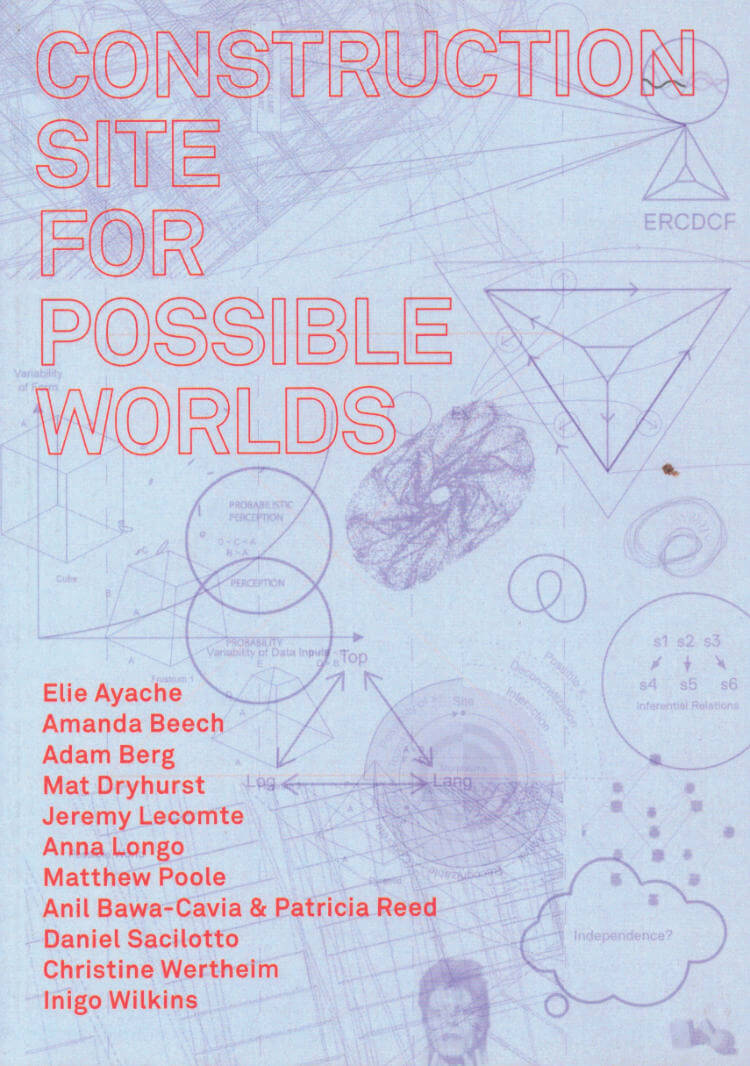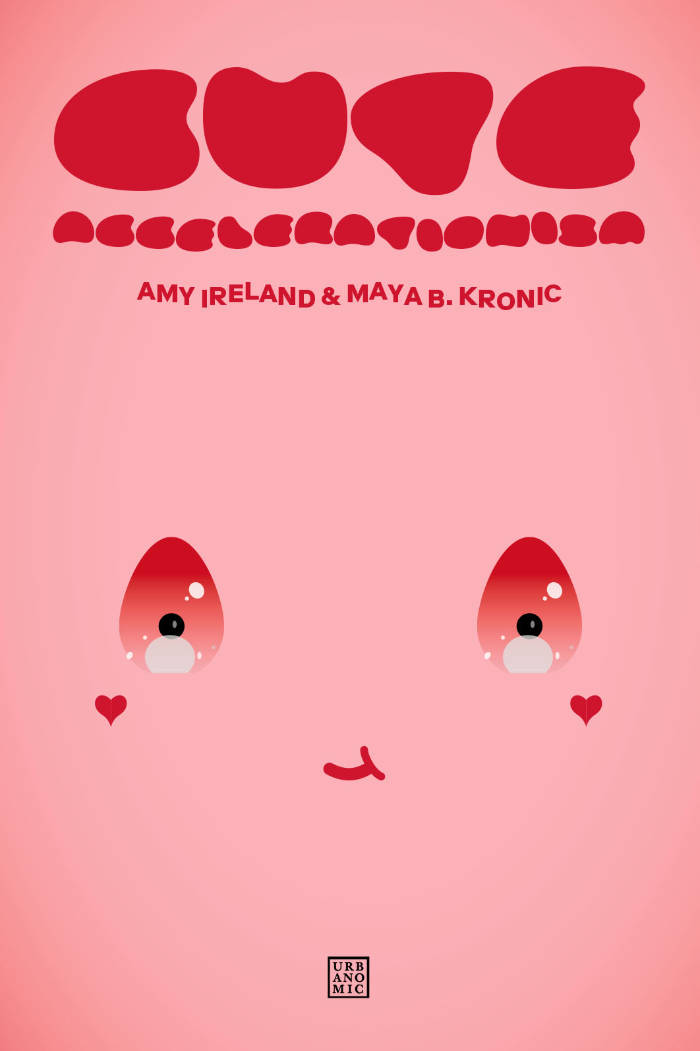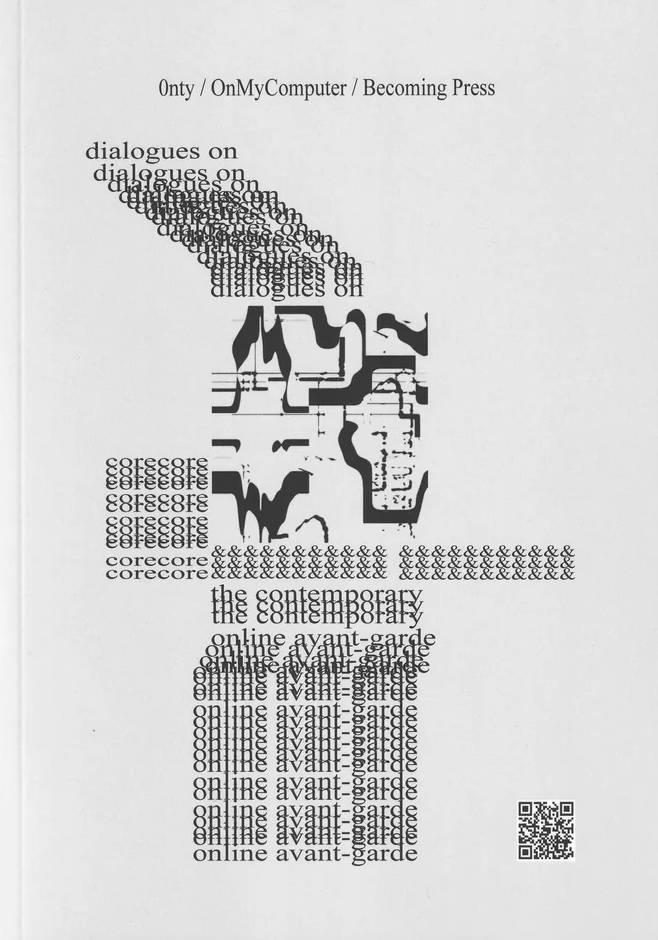
Construction Site For Possible Worlds
James Wiltgen ed. , Robin MacKay ed. , Amanda Beech ed.
Perspectives from philosophy, aesthetics, and art on how to envisage the construction site of possible worlds.
Given the highly coercive and heavily surveilled dynamics of the present moment, when the tremendous pressures exerted by capital on contemporary life produces an aggressively normative "official reality," the question of the construction of other possible worlds is crucial and perhaps more urgent than ever.
This collection brings together different perspectives from the fields of philosophy, aesthetics, and art to discuss the mechanisms through which possible worlds are thought, constructed, and instantiated, forcefully seeking to overcome the contemporary moment's deficit of conceptualizing alternate realities—its apparent fear of imagining possible new and compelling futures—to begin the arduous task of producing the political dynamics necessary for actual construction.
Implicit in this dynamic between the imaginary and the possible is the question of how thinking intertwines with both rationality and the inherited contingencies and structures of the world. With no ascertainable ground on which to build, with no confidence in any given that could guarantee our labors, how do we even envisage the construction site(s) of possible worlds, and with what kind of diagrams, tools, and languages can we bring them into being?
Amanda Beech is an artist and writer based in Los Angeles.
Robin Mackay is a philosopher, Director of the UK arts organization Urbanomic, and Associate Researcher at Goldsmiths University of London.
James Wiltgen is a Lecturer at the California Institute of the Arts.
Inigo Wilkins is Codirector of Glass Bead. He has published articles on sonic culture and other topics in such journals as Litteraria Pragensia, Mute Magazine, and HFT Review.





